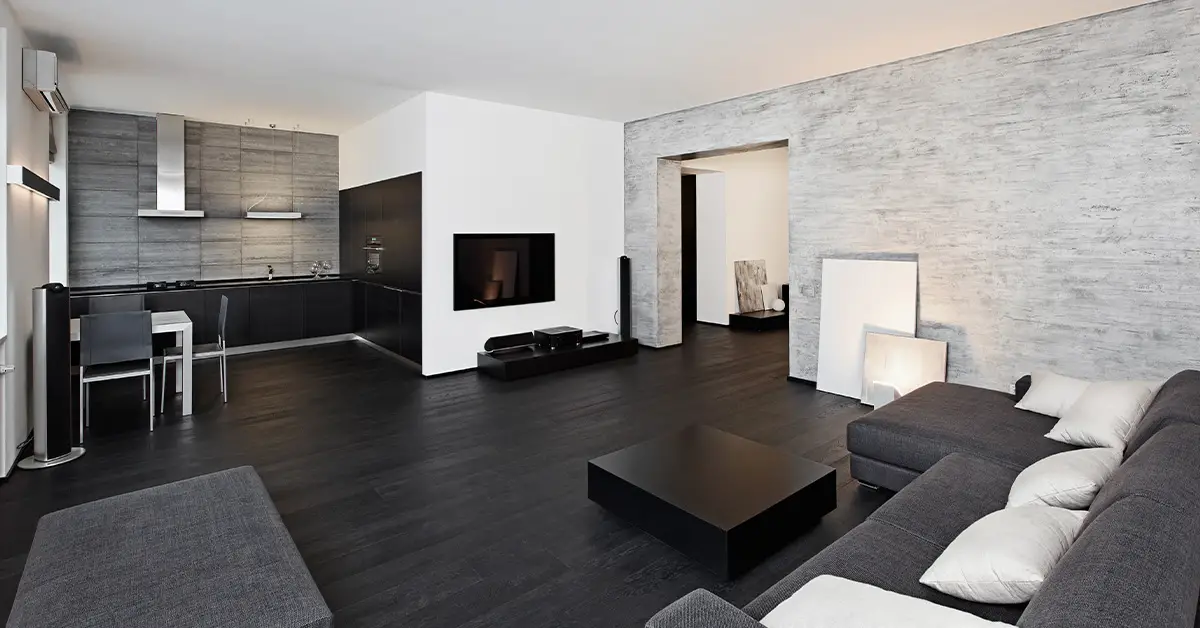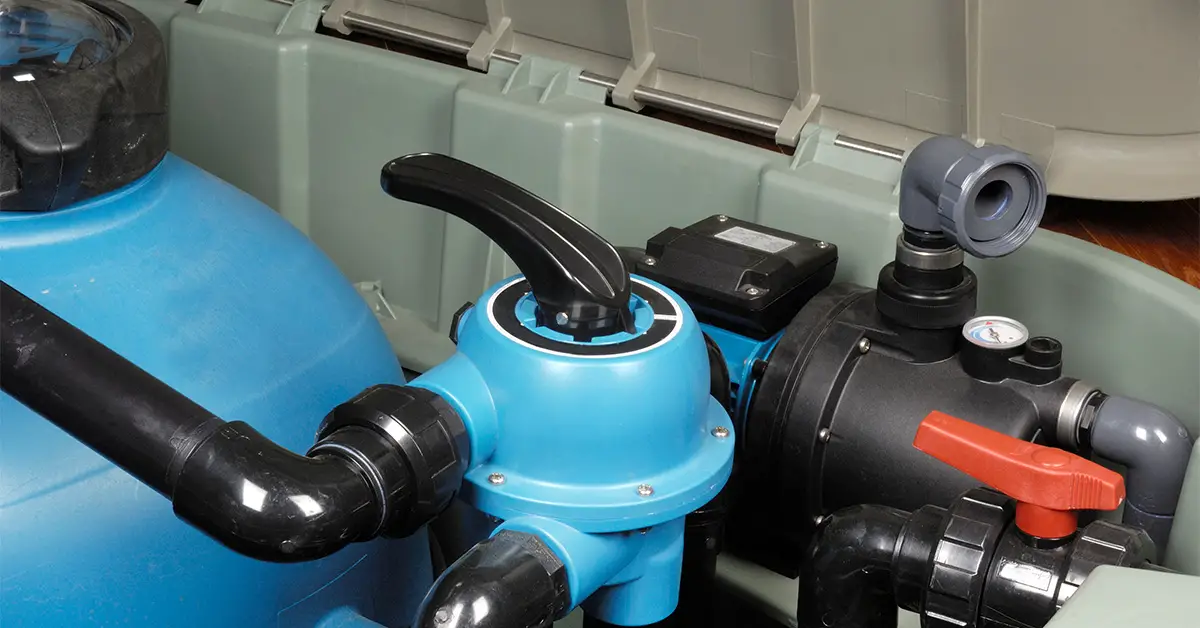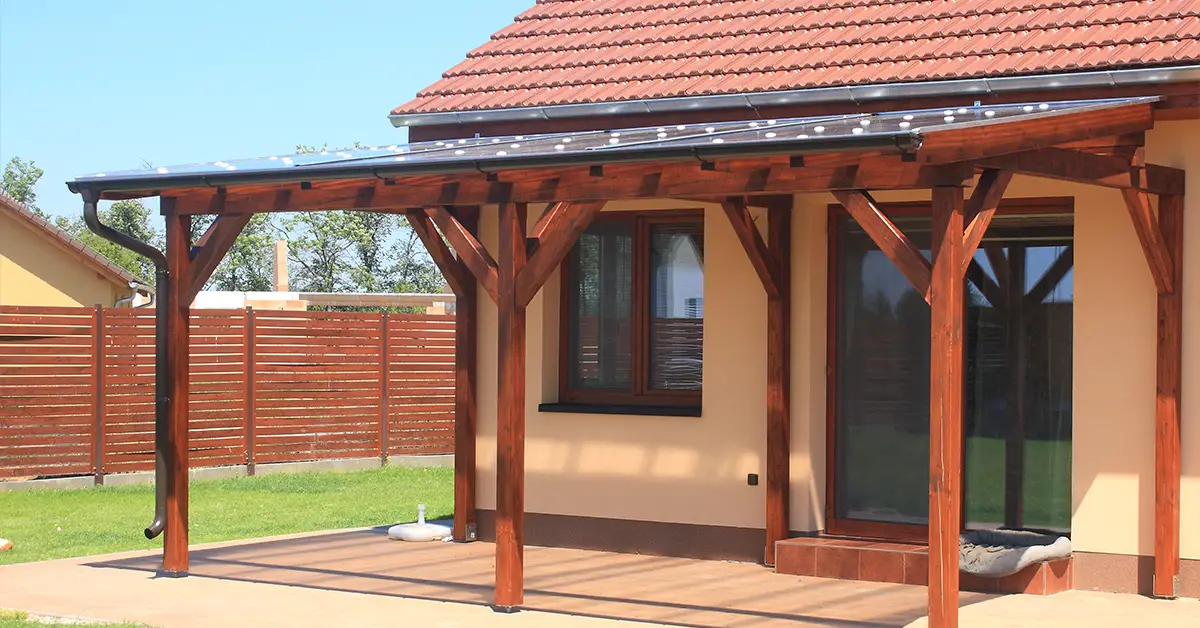Bathroom cleaners are harsh enough to power through soap scum and grime. But many contain toxic and potentially dangerous ingredients that aren’t appropriate for kitchen surfaces.
If you’ve ever run low on your kitchen cleaning products, you’ve likely wondered, “Can I use bathroom cleaner in the kitchen?” Fortunately, many cleaning products are safe for both bathrooms and kitchens.
But some bathroom cleaners aren’t safe for kitchen areas, especially surfaces that come into contact with foods. So let’s explore everything you need to know about using bathroom cleaners in the kitchen.
Table of Contents
Bathroom Cleaning Products: Safe for Kitchens?
Have you run out of kitchen cleaning products? Would you like to use your bathroom cleaners instead? If so, there are a few things you’ll want to consider before starting your cleaning tasks.
Bathroom cleaning products are designed to tackle the types of grime found inside bathrooms. As such, they can remove mold, soap scum, and dirt.
Yet, the bulk of bathroom cleaners aren’t made to remove grease or everyday kitchen messes. So they may not be able to tackle a dirty kitchen as effectively as kitchen cleaning products.
It’s worthwhile to note that both types of cleaners often contain disinfectants. This is crucial because surfaces that come into contact with bare skin or food should be germ-free.
Can I Use Bathroom Cleaner in the Kitchen?
Gentle natural soaps (like Castille soap), white vinegar, and diluted bleach are excellent cleaners. You can use them to clean both bathrooms and kitchens.
A multipurpose disinfectant and cleaner could also be a great choice. All-purpose cleaners are an excellent alternative to room-specific cleaning products.
Many are created with mild ingredients that make them safe to use in any area. Still, some multipurpose cleaners contain bleach. This corrosive substance can discolor your kitchen counters, walls, or cabinets.
Consequently, you may want to spot-test a bleach-based cleaner before wiping anything.
It’s worthwhile to note that few bathroom cleaning products can help you unclog your kitchen sink. You’ll need either baking soda and vinegar or a dedicated drain cleaner for that specific type of cleaning task.
Bathrooms Cleaners Not to Use in Kitchens
While some simple bathroom cleaners are relatively safe to use in kitchens, others can prove dangerous to your health. Households with pets and young children should be cautious when using cleaners in a fully-equipped kitchen.
Generally, bathroom cleaners designed for toilets and soap scum are poor choices for kitchen surfaces. That’s because these products often contain highly corrosive and potentially harmful chemicals.
You may also want to avoid bleach-based cleaning chemicals due to their ability to stain objects. Additionally, bathroom cleaners that have bright colors and dyes could be a poor choice for kitchens.
Remember, cleanliness and safety should always go hand-in-hand. Your kitchen’s surfaces should be spotless, but they should also be safe to touch with bare hands.
Chemicals in Home Cleaning Products
Home cleaning products typically contain a variety of different chemicals and ingredients. While many of these are crucial in removing dirt and grime, some substances can be dangerous in kitchens or dining areas.
Some of the most common chemicals found in home cleaning products include:
- Detergent
- Bleach
- Alcohol
- Hydrochloric Acid
- Sodium Laureth Sulfate
Any of these substances can result in injuries if they come into contact with unprotected skin. However, some are riskier than others.
For example, cleaning products that contain hydrochloric acid can lead to lifelong skin, lung, and eye damage. This potential for disastrous side effects increases when hydrochloric acid is used in sensitive areas, like kitchens.
However, hydrochloric acid is exceptionally corrosive, making it an excellent tool for getting rid of set-in stains, dirt, mold, or scum. Consequently, it’s a common addition to bathroom cleaning products.
Still, you may want to consider using an all-natural or natural-based cleaner instead of utilizing chemical-rich bathroom and kitchen cleaning products.
Safe Bathroom and Kitchen Cleaning Products
If you’re looking to avoid chemical-based cleaners, you may want to consider natural cleaners. After all, many natural cleaning products are safe to use in both bathrooms and kitchens.
Some of the most popular types of chemical-free cleaning solutions include:
- Vinegar
- Lemon Juice
- Baking Soda
- Castille Soap
- Rubbing Alcohol
You can safely use many of these products on kitchen countertops, bathroom tiles, and dozens of other household surfaces. There are also dozens of multipurpose cleaners made with natural ingredients.
Not only can these cleaners help you keep a spotless kitchen and bathroom, but they’ll also reduce the need to use different products. Switching to a one-size-fits-all cleaner could be the most straightforward and affordable choice.
Not switching cleaning products as you move between tasks has its benefits. You can avoid accidentally mixing volatile chemicals. For example, many people have unintentionally made themselves sick by mixing bleach and ammonia.
These two common cleaning chemicals, when combined, can produce toxic gas. When inhaled, this gas can irritate the lining of your lungs. It can also cause eye inflammation and pain in the nose and throat.
So, instead of buying separate cleaning products, consider using a multipurpose solution instead. You might just come away with a cleaner and safer home.
Cleaning the Kitchen Safely
Can I use bathroom cleaner in the kitchen? The answer depends on the type of bathroom cleaner you’re using. Cleaners that contain chlorine, ammonia, or formaldehyde aren’t appropriate for kitchens.
But there are multipurpose cleaners that are appropriate for both kitchens and bathrooms. Natural cleaning solutions are also a potential solution that can keep your home safe and sparkling.
If you enjoyed this article, be sure to check out our related home guides now.







